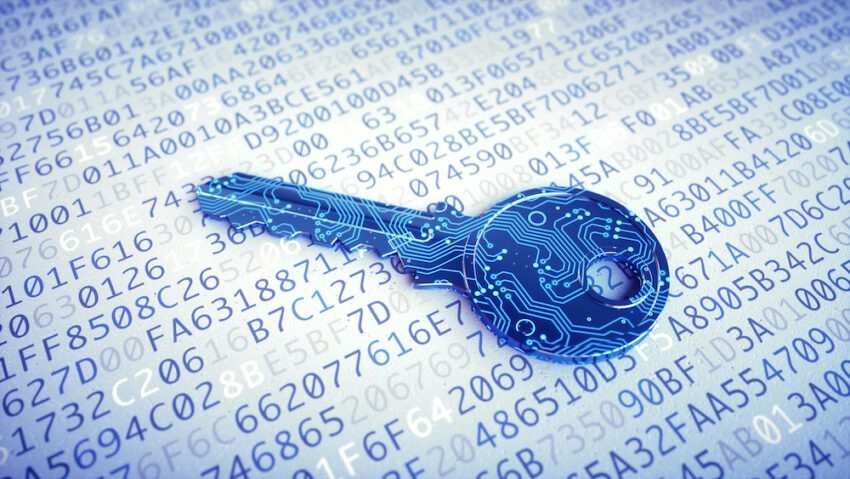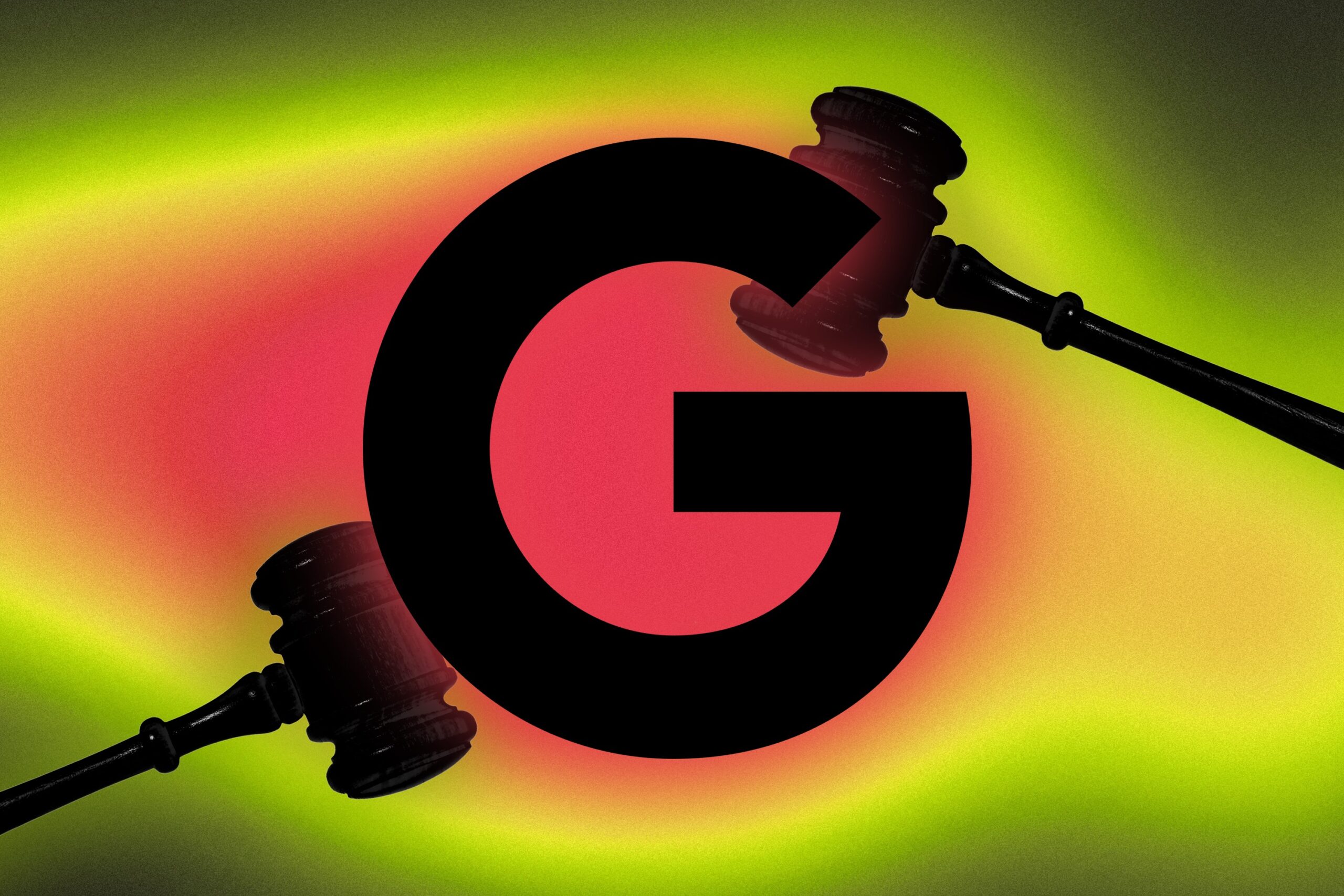
cryptography group cancels election results after official In a significant development within the realm of cryptographic voting systems, the International Association of Cryptologic Research (IACR) has annulled the results of its annual leadership election due to the loss of a crucial encryption key by an official.
cryptography group cancels election results after official
Background on IACR and Helios Voting System
The International Association of Cryptologic Research, established in 1982, is a leading organization dedicated to the advancement of cryptology. It serves as a platform for researchers and practitioners in the field to share their findings, collaborate on projects, and promote the importance of cryptographic methods in securing communications and data. The IACR plays a pivotal role in shaping the future of cryptographic research and its applications.
In recent years, the organization has adopted innovative technologies to enhance the integrity and security of its electoral processes. One such technology is Helios, an open-source voting system designed to ensure verifiable and privacy-preserving elections. Helios employs advanced cryptographic techniques that allow voters to cast their ballots securely while maintaining the confidentiality of their choices. The system is built on a foundation of peer-reviewed cryptography, which has garnered trust within the cryptographic community.
How Helios Works
Helios operates by encrypting each vote in a manner that guarantees the secrecy of individual ballots. This encryption process ensures that no one, including election officials, can discern how a voter has cast their vote. Furthermore, Helios incorporates mechanisms that allow voters to verify that their ballots have been counted accurately. This transparency is crucial in fostering trust in the electoral process, particularly in an era where concerns about election integrity are prevalent.
The system’s design emphasizes both security and usability, making it accessible to a wide range of voters. By leveraging cryptographic principles, Helios aims to mitigate the risks associated with traditional voting methods, such as ballot tampering and voter coercion.
The Incident: Loss of the Encryption Key
On Friday, the IACR announced the cancellation of its election results following the unfortunate loss of an encryption key by one of its officials. This key was essential for decrypting the votes that had been submitted and tallied using the Helios system. The incident has raised significant concerns regarding the robustness of the electoral process and the implications of human error in high-stakes situations.
The IACR’s bylaws stipulate that three members of the election committee serve as independent trustees for the election process. To safeguard against potential collusion and ensure the integrity of the results, each trustee holds a third of the cryptographic key material required to decrypt the election results. This multi-party computation approach is designed to enhance security by preventing any single individual from having complete control over the decryption process.
An Honest but Unfortunate Human Mistake
The IACR characterized the loss of the encryption key as an “honest but unfortunate human mistake.” This phrase underscores the organization’s acknowledgment that while the incident was unintentional, it highlights the vulnerabilities inherent in complex systems that rely on human oversight. The loss of the key rendered the election results inaccessible, leading to the decision to cancel the election altogether.
This situation serves as a reminder of the importance of robust protocols and contingency plans in cryptographic systems. Even with advanced technology, human error can have significant repercussions, particularly in contexts where trust and transparency are paramount.
Implications for Future Elections
The cancellation of the IACR election results has broader implications for the use of cryptographic voting systems in various organizations and institutions. As the reliance on technology in electoral processes increases, the need for comprehensive training and awareness among officials becomes critical. Organizations must prioritize education on the operational aspects of these systems to minimize the risk of similar incidents occurring in the future.
Strengthening Security Protocols
In light of this incident, the IACR and similar organizations may need to reevaluate their security protocols surrounding the management of cryptographic keys. Implementing additional layers of security, such as multi-factor authentication and regular audits of key management practices, could help mitigate the risks associated with human error. Furthermore, organizations should consider establishing clear guidelines for key recovery and loss prevention to ensure that such incidents do not compromise the integrity of future elections.
Stakeholder Reactions
The response from stakeholders within the cryptographic community has been one of concern but also understanding. Many recognize that while the incident is regrettable, it serves as an opportunity for reflection and improvement. Experts emphasize the need for continuous learning and adaptation in the face of evolving technological challenges.
Some stakeholders have called for a thorough investigation into the circumstances surrounding the loss of the encryption key. They argue that understanding the root causes of the incident is essential for developing more resilient systems in the future. This sentiment is echoed by members of the IACR, who are committed to learning from this experience and enhancing the organization’s electoral processes moving forward.
The Future of Cryptographic Voting
As organizations increasingly turn to cryptographic voting systems like Helios, the lessons learned from the IACR incident will likely shape the future of electoral processes. The emphasis on transparency, security, and verifiability will remain paramount as stakeholders seek to build trust in these systems.
Advancements in Cryptographic Techniques
The field of cryptography is continually evolving, with researchers exploring new techniques to enhance the security and efficiency of voting systems. Innovations such as homomorphic encryption and zero-knowledge proofs are gaining traction, offering promising avenues for improving the confidentiality and integrity of electronic voting. These advancements may help address some of the vulnerabilities highlighted by the IACR incident, providing organizations with more robust tools for conducting secure elections.
Community Engagement and Trust Building
Building trust among voters is essential for the success of any electoral system. Organizations utilizing cryptographic voting systems must engage with their communities to foster understanding and confidence in the technology. This can be achieved through educational initiatives, public demonstrations, and transparent communication about the security measures in place. By actively involving stakeholders in the electoral process, organizations can enhance the legitimacy of their elections and mitigate concerns about potential vulnerabilities.
Conclusion
The cancellation of the IACR election results due to the loss of an encryption key serves as a critical reminder of the complexities and challenges associated with cryptographic voting systems. While the incident is unfortunate, it provides valuable insights into the importance of robust security protocols, comprehensive training, and community engagement. As the field of cryptography continues to advance, organizations must remain vigilant in their efforts to ensure the integrity and trustworthiness of their electoral processes.
Source: Original report
Was this helpful?
Last Modified: November 22, 2025 at 5:35 am
9 views















